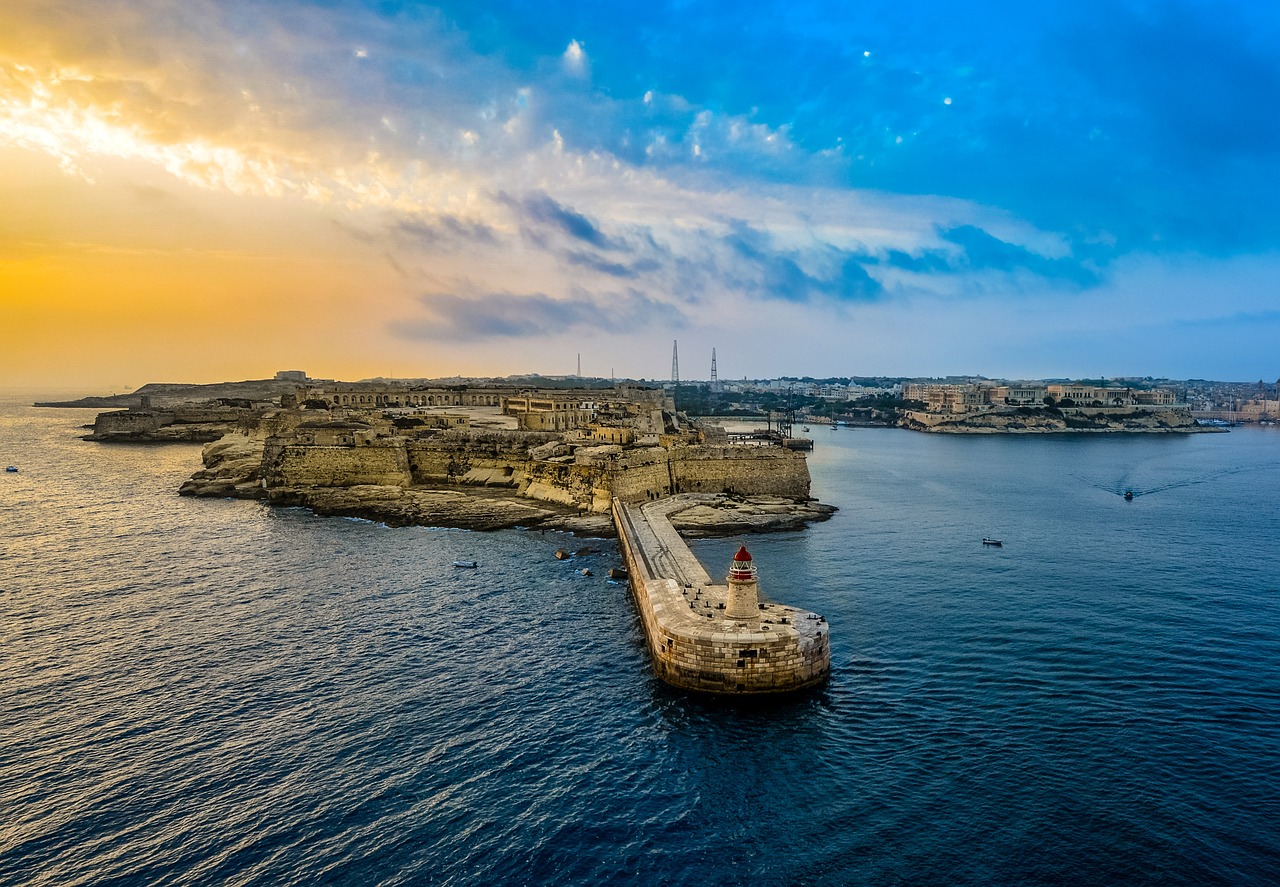Cannabis decriminalisation is a complex and evolving topic worldwide.
Various countries have adopted different approaches based on cultural, medical, and legal perspectives. Malta, a small island nation in the Mediterranean, has taken significant steps in the realm of cannabis decriminalisation. Here’s a comprehensive look at the current status of cannabis legality in Malta.
Decriminalisation for Personal Use
In December 2021, Malta made headlines by becoming the first European Union country to decriminalise the personal use of cannabis. The decriminalisation passed by the Maltese Parliament allows adults aged 18 and over to:
- Possess Up to 7 Grams: Individuals are permitted to carry up to 7 grams of cannabis without facing legal penalties.
- Cultivate Cannabis at Home: Residents can grow up to four cannabis plants per household. The cultivation must be done in a private space, not visible to the public.
- Possess Up to 50 Grams of Dried Cannabis at Home: This provision ensures that individuals can store their harvested cannabis safely at home without legal repercussions.
Cannabis Associations
The law also permits the establishment of non-profit cannabis associations. These clubs can grow cannabis collectively and distribute it among their members. However, strict regulations govern these associations, including:
- Membership Limits: Associations can have a maximum of 500 members.
- Distribution Limits: Members can obtain up to 50 grams of cannabis per month and a maximum of 20 seeds.
- Regulatory Compliance: Associations must operate within a regulated framework to ensure legal compliance and prevent illegal distribution.
Medical Cannabis
Prior to the decriminalisation of personal use, Malta had already made strides in the medical cannabis sector. In 2018, the Maltese government decriminalised medical cannabis, allowing doctors to prescribe cannabis-based products to patients. The law facilitated the importation and production of medical cannabis, paving the way for a regulated industry. Key points include:
- Prescription Requirements: Patients must have a prescription from a licensed medical professional to obtain medical cannabis.
- Licensed Dispensaries: Medical cannabis products are available through licensed pharmacies, ensuring that patients have access to safe and regulated products.
Enforcement and Regulations
While the new laws have decriminalized personal use and cultivation, there are still strict measures in place to prevent misuse and ensure public safety:
- Public Consumption: Smoking cannabis in public spaces remains illegal, with penalties in place to deter this behavior.
- Minors: The sale and distribution of cannabis to minors are strictly prohibited, with severe penalties for those who violate this provision.
- Driving Under Influence: Driving under the influence of cannabis is illegal and subject to stringent penalties to ensure road safety.
Social and Economic Impact
Malta’s progressive stance on cannabis is not only about personal freedom but also about creating a regulated and safe environment for users. The government aims to reduce the illicit drug trade, ensure quality control, and promote public health through education and regulation.
Economically, the decriminalisation has the potential to create new opportunities, from job creation in the cultivation and distribution sectors to increased tourism from those interested in cannabis culture.
Future Outlook
Malta’s approach to cannabis decriminalisation is seen as a potential model for other European countries considering similar reforms. The government’s focus on regulation, safety, and education underscores its commitment to creating a balanced and responsible cannabis policy.
As Malta continues to refine and implement its cannabis laws, the world will be watching closely to see the long-term impacts on society, health, and the economy. The island nation’s pioneering steps could pave the way for broader acceptance and decriminalisation across Europe and beyond.
In conclusion, cannabis is indeed decriminalised in Malta for personal use under specific regulations, marking a significant shift in the country’s drug policy. The comprehensive legal framework ensures that the benefits of decriminalisation are maximized while minimizing potential risks.

